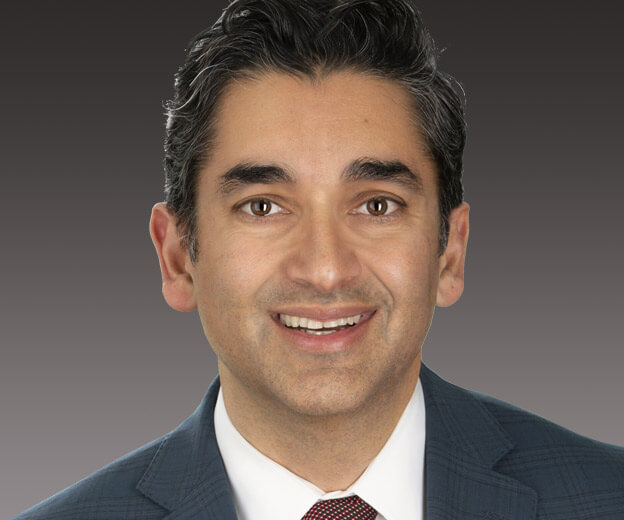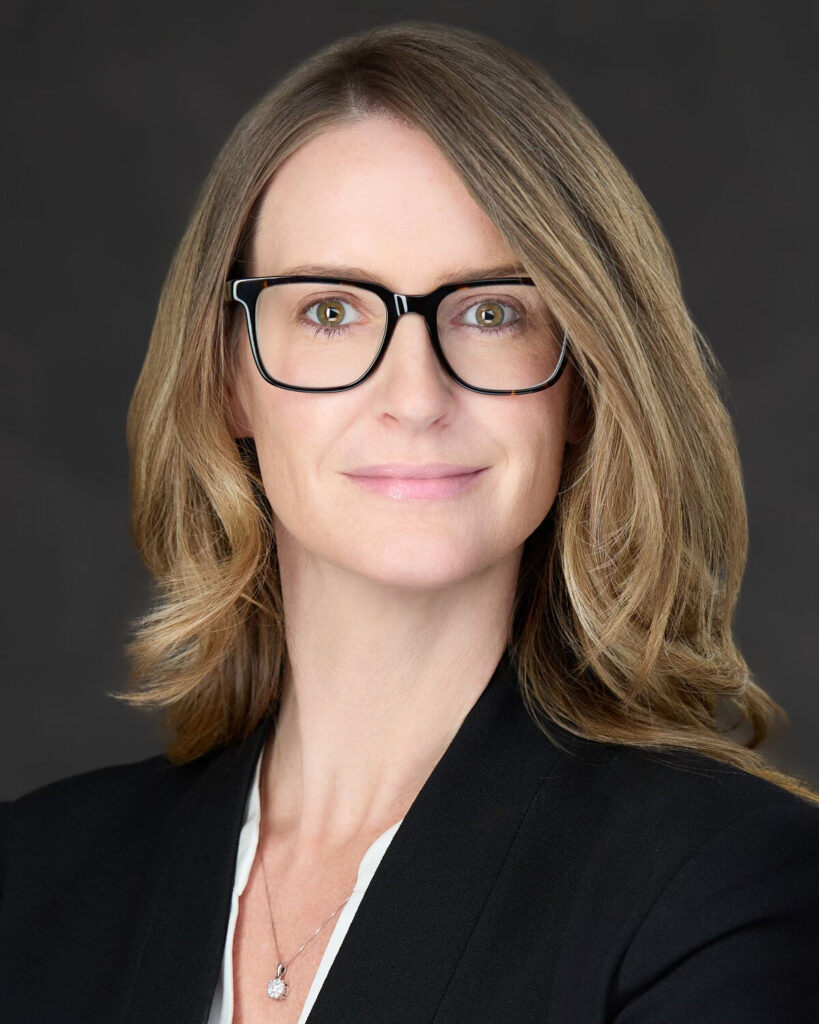THE PODIUM | We must not take high quality health care for granted


There is a lot of conversation locally and nationally about the high cost of medical care. Patients complain about the cost of insurance, and insurance companies are concerned about their profit margins due to the high cost of care. Without proper reimbursement, hospitals find it difficult to provide the high level of care expected of them. Providers find it difficult to keep their practices open and to attract new talent to replace aging physicians. In many ways, a healthy conversation about our broken health economic system is long overdue. In fact, many in the medical community have been asking for a solution.
I welcome the efforts by Colorado legislators to address these difficult problems but worry that lack of experience and the rush to get something done quickly will have long-lasting and potentially damaging effects. In Colorado, as lawmakers contemplate a public option, rate setting and other measures, we simply cannot afford to take high quality health care for granted.
For instance, this spring, I was called to assist with the care of a young man who was the victim of an automobile vs. pedestrian accident. Suffice it to say, this was one of the worst injuries I had ever seen. I played a small role in the initial steps to stabilize the patient, but stayed behind for a couple of hours, watching in amazement at the high-quality care this young man received. He was attended to with respect, empathy, and the highest level of expertise.
The choreography within the operating room that night was nothing short of a miracle.
I was witness to a team of eight surgeons and anesthesiologists, more than a dozen nurses and operating room personnel, and countless other individuals in the background focusing their efforts on one and only one goal: the survival of this young man.
Throughout the evening, I heard conversations about the science of his injury, the anatomy of crushed bones and torn organs, concerns about long term function, and his chances of resuming a normal life. What I did not hear was any iteration of who and how all this care was going to be financed.
In absence of insurance coverage, not a single physician who cared for the patient that evening or the countless others who will help take care of his many medical and surgical needs for months and likely years to come will be paid a single dollar for their efforts. The hospital is set to lose hundreds of thousands of dollars on behalf of this one individual alone and will somehow continue to keep in place a very expensive infrastructure necessary to take care of the next accident, gunshot, or otherwise sick individual.
In Colorado, we take for granted a very high level of medical care. High quality providers and hospitals are drawn to Colorado because of a growing economy, strong medical infrastructure, and long-term growth potential. Changes proposed by current legislative discussions will dramatically impact the way health care is financed and delivered in this state. I fear the changing medical environment will endanger the public’s access to subspecialized programs such as blood cancers, organ transplants, and high-level trauma care.
I may not have all the answers, but I know that demonizing those who are in the trenches taking care of our sick is not the answer. In that operating room on that fateful spring night, I saw no physicians getting rich off their craft. I saw no nurses playing cards as recently suggested by a Washington state legislator. I most certainly did not see a broken health care system. All I saw was the miracle of modern-day medicine, which despite a very broken health economic system, kept a young man alive from otherwise deadly injuries.
Dealing with the problems of affordability and accessibility by setting arbitrary rates and giving all the decision-making power to a small group of individuals is at its best unwise, and at worst anti-capitalistic and anti-American.
As patients, we should be worried about the potential for decreased access to high quality care. Many predict that younger physicians will leave Colorado and older ones will cut back on work. Hospitals will likely eliminate high cost but necessary programs. Our economy and our health will suffer.
Ali Sarram, M.D., is a practicing urologist in Aurora and Denver.












